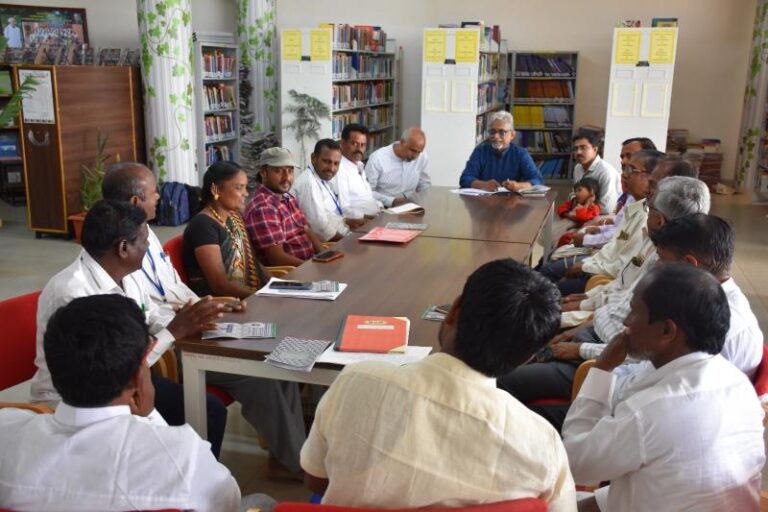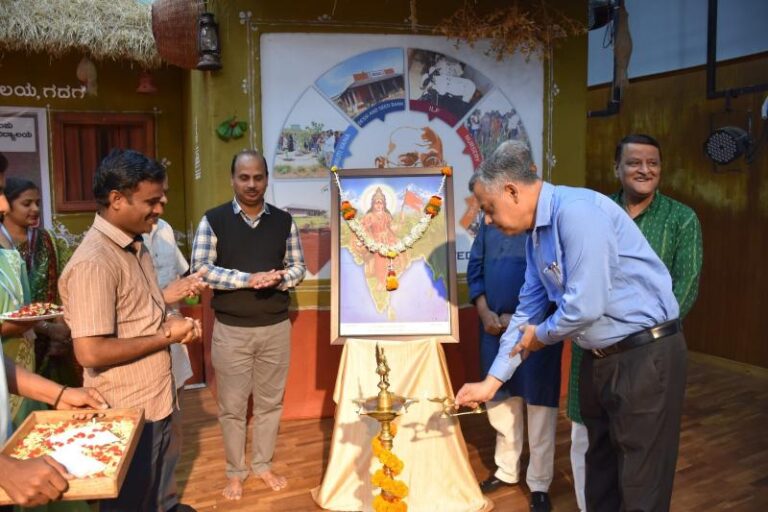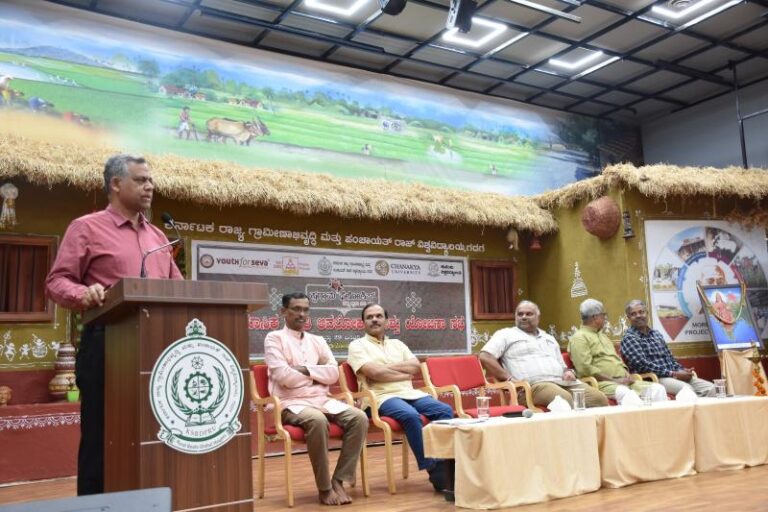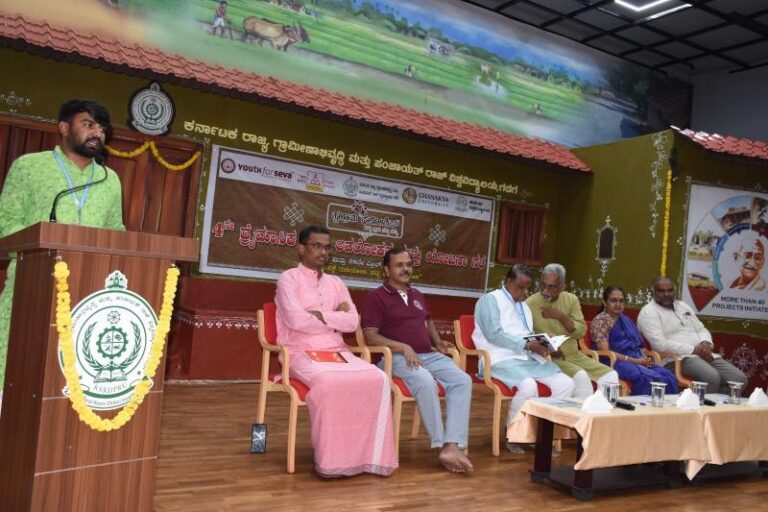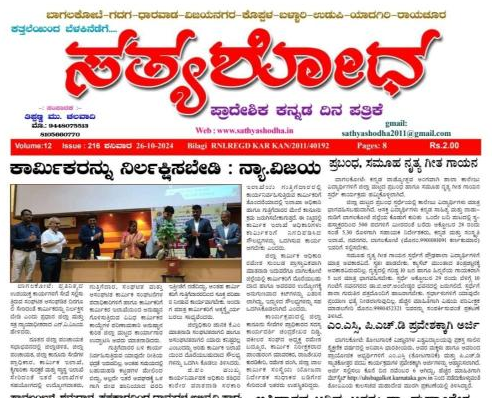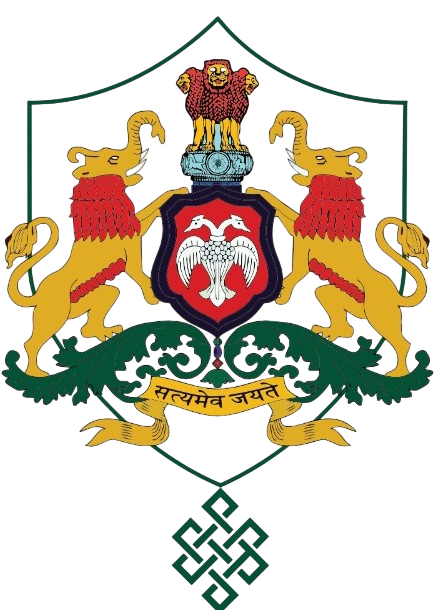
Shri. Thawar Chand Gehlot
Hon'ble Governor of Karnataka and
Chancellor, MGRDPR University, Gadag

Shri. Priyank Kharge
Hon'ble Minister of Rural Development and Panchayat Raj, IT & BT, GoK,
Pro-Chancellor, MGRDPR University, Gadag

Prof. Dr. Suresh V. Nadagoudar
Registrar & Vice-Chancellor(Acting),
MGRDPR University, Gadag

Shri. Prashantha J.C
Finance Officer,
MGRDPR University, Gadag

Shri. Thawar Chand Gehlot
Hon'ble Governor of Karnataka and Chancellor of University

Shri. Priyank Kharge
Hon'ble Minister of Rural Development and Panchayat Raj, IT & BT, GoK, Pro-Chancellor, MGRDPR University, Gadag

Prof.Dr. Suresh V. Nadagoudar
Registrar & Vice-Chancellor(Acting),
MGRDPR University, Gadag

Mr. Prashantha
J.C
Finance Officer,
MGRDPR University, Gadag

Menu
- Home
- About Us
- Administration
- Chancellor
- Pro Chancellor
- Vice Chancellor
- Registrar
- Finance Officer
- Former Vice Chancellors
- Executive Council
- Academic Council
No content found - Centres
- Academics
- Postgraduate
- – M.B.A. (Rural Management /Agribusiness Management)
- – M.A. in Rural Development & Panchayat Raj/ Rural Development & Cooperative Management.
- – M.A. in Public Administration
- – M.Sc. in Geoinformatics (Remote Sensing and GIS)
- – M.Sc. in Food Science & Technology.
- – MPH (Master of Public Health)
- – M.S.W. (Community Development / Rural Reconstruction / Community Health)
- – M.A in Economics(Development Economics).
- – M.Com. (Entrepreneurship / Co-operative Management)
- – Master of Computer Applications
- Undergraduate
- PG-Diploma/ Diploma
- Certificate Courses
- Postgraduate
- Cells
- Library
- Examination
- Scholarship
- Procurement
- Contact
- Admission




